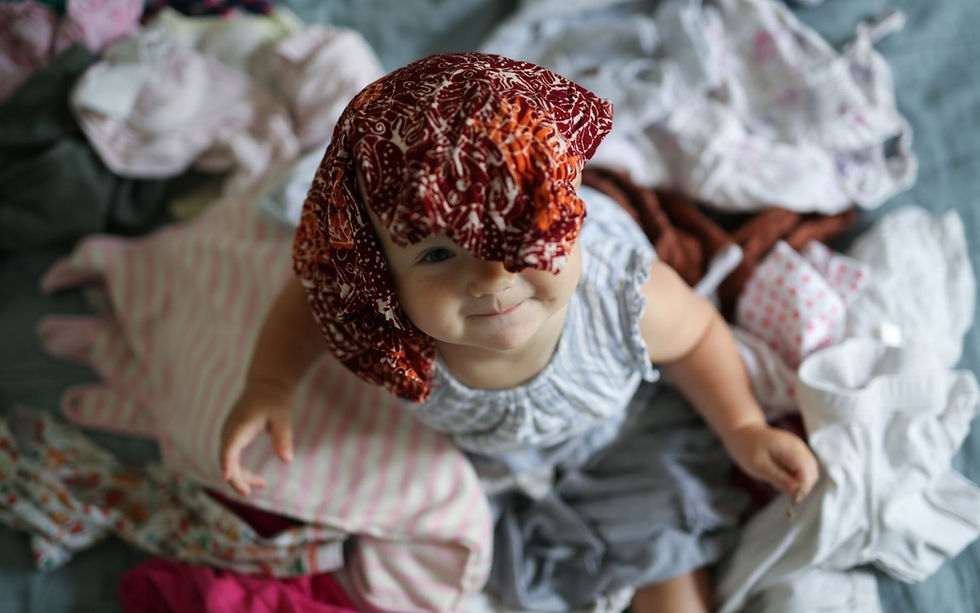A Brief Overview of the 5 Stages of Childhood Development
- TBMG News Room

- Jan 26, 2022
- 2 min read

Having a child is one of the greatest gifts a mother can have. Seeing who they get their traits from, their personality, and what brings them joy is part of the growing process. In a day, your child can change their interests drastically, giving you whiplash.
However, it’s essential to know each childhood stage to keep them happy and healthy as they grow up. Here is a brief overview of the five stages of childhood development so that you don’t miss out on your child’s growth.
Newborn (0-3 Months)
Congratulations, you’ve brought a brand new being into the world! This is a beautiful yet terrifying time of change, adjustment, and understanding parenthood. During your newborn’s first month, they exhibit automatic responses to external stimulation, such as moving their head from side to side.
Infant (3-12 Months)
As your newborn becomes an infant, there’s plenty of development happening. Your infant can bring their hands together and have head control at three months. As for six to nine-month-old infants, they can babble, sit without support, and respond to their name. As they reach twelve months, your infant can crawl or even stand. In this brief overview of the five stages of childhood development, you’ll see that new abilities happen the quickest.
Toddler (1-3 Years)
As your baby transitions into a toddler, they become completely mobile and are ready to tackle the world. They can walk without help, climb stairs, and jump in place. Their finger dexterity becomes more distinct; they can hold a crayon and stack blocks. They also can make short sentences and follow simple instructions. This is a great time to donate old baby clothes if you don’t plan on having more children.
Preschool Age (3-4 Years)
The preschool years can feel like an emotional time; your child has refined their motor skills and is ready to meet other children their age. They can throw a ball overhand, skip and hop, balance on one foot, draw more distinctly, and pick their outfits. It’s an excellent time for learning and socializing with new people, helping shape their personalities and interests.
School Age (4-5 Years)
Your little one isn’t so little anymore; they can speak in lengthy sentences and grasp the context. They’ll tell stories that stay on track, answer simple questions, and recite nursery rhymes. They’ve become primarily independent and can do things like brush their hair, walk in a straight line, and draw people. Lastly, they’ve made new friends, discussed their interests, and have an extensive range of emotions they understand.
Seeing your kid grow from a newborn to a child can feel like it zoomed by. By helping them navigate the world and teaching them suitable lessons, they’ll become the best person they can be.









































Comments